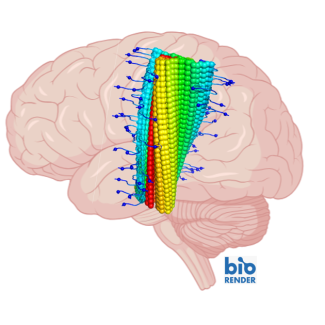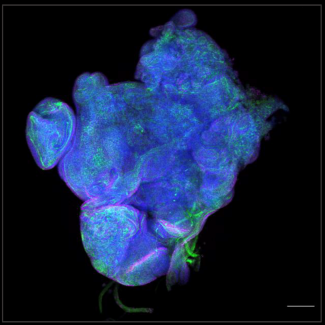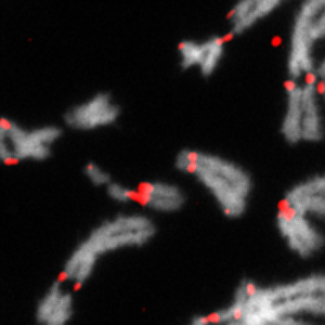
Alzheimer’s: reduced cerebral blood flow plays a central role in the disease’s development
While the existence of reduced cerebral blood flow among Alzheimer’s patients has been known for decades, its role in the disease’s development and its underlying mechanisms was not well understood until the present. Researchers from Cornell University (United States) and the CNRS1 have just shown that in mice suffering from Alzheimer’s disease, white blood cells known as neutrophils adhere to the walls of capillaries in the cerebral cortex, until they block local blood flow. Moreover, contrary to what scientists previously believed, this blockage is one of the first manifestations of the illness, appearing before amyloid deposits. Following this discovery, researchers administered an antibody directed against the neutrophils, which reduced the number of blocked capillaries, and resulted in an immediate increase in cerebral blood flow. These effects were accompanied by a rapid improvement in the performance of short-term memory tasks by the two murine models studied. This mechanism, which has been demonstrated on animals, could provide a new therapeutic avenue for improving the cognition of Alzheimer’s patients, as computer simulations show that the impact of capillary occlusions on cerebral blood flow is similar in humans and mice. The results are published in the journal Nature Neurosciences on February 11, 2019.

© Hernandez et al./Nature
- 1Institut de mécanique des fluides de Toulouse (CNRS/Université Toulouse III – Paul Sabatier/INP Toulouse). The research was conducted in collaboration with Cornell University as part of the BrainMicroFlow ERC Consolidator Grant (2014-2019).
Neutrophil adhesion in brain capillaries contributes to cortical blood flow decreases and impaired memory function in mouse models of Alzheimer’s disease. Jean C. Cruz Hernandez, Olivier Bracko, Calvin J. Kersbergen, Victorine Muse, Mohammad Haft-Javaherian, Maxime Berg, Laibaik Park, Lindsay K. Vinarcsik, Iryna Ivasyk, Daniel A. Rivera, Yiming Kang, Marta Cortes-Canteli, Myriam Peyrounette, Vincent Doyeux, Amy Smith, Joan Zhou, Gabriel Otte, Jeffrey D. Beverly, Elizabeth Davenport, Yohan Davit, Charles P. Lin, Sidney Strickland, Costantino Iadecola, Sylvie Lorthois, Nozomi Nishimura, Chris B. Schaffer. Nature Neuroscience, Februrary 11, 2019.
DOI : 10.1038/s41593-018-0329-4


